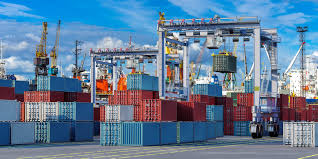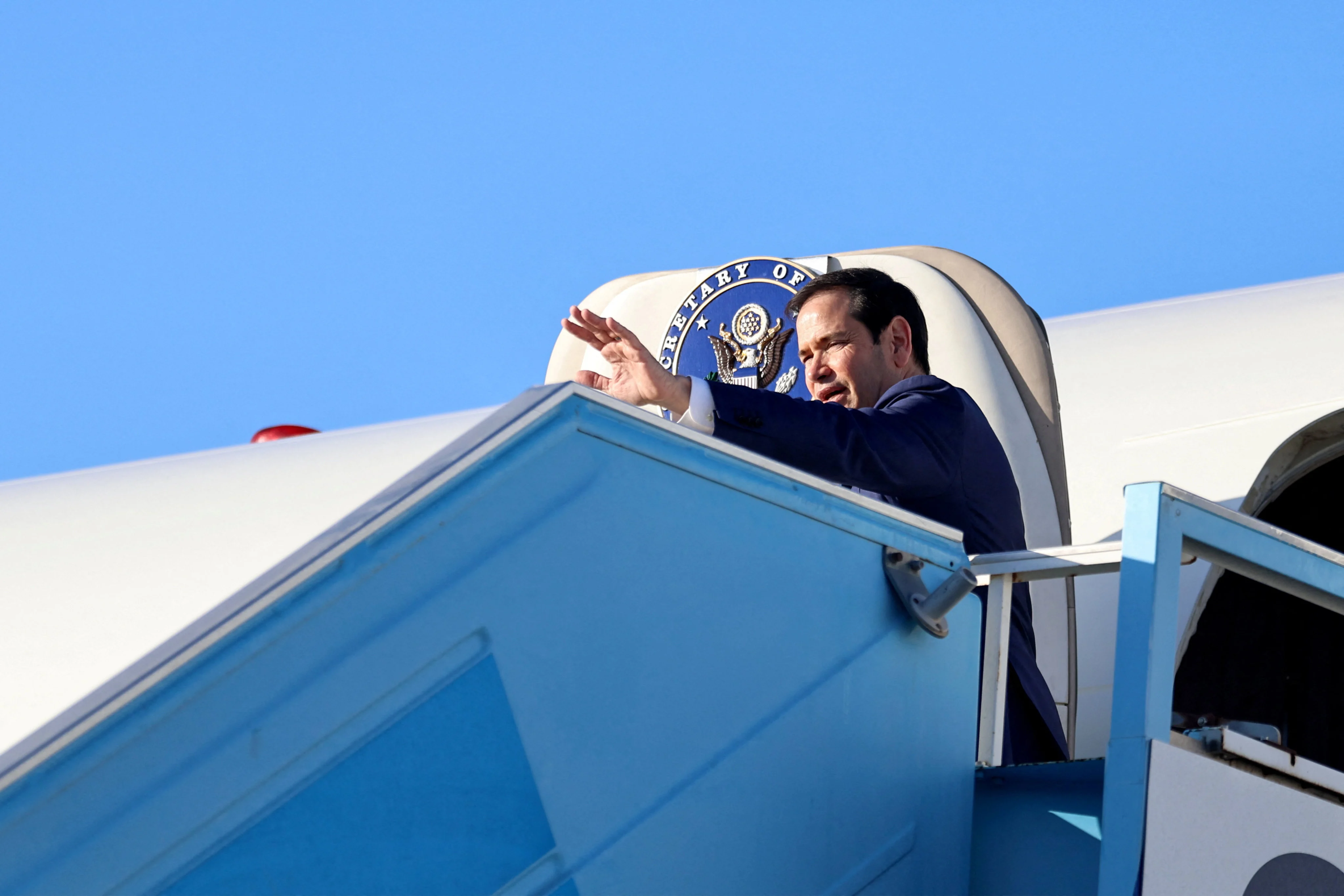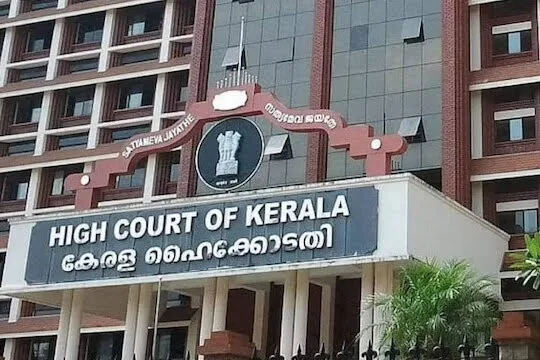Copyright bizwatchnigeria

The Federal Government has reaffirmed its commitment to overhaul port operations and reduce Nigeria’s average cargo clearance time to less than seven days by the end of 2026. The initiative, part of a broader effort to enhance trade facilitation and competitiveness, aims to position the nation’s ports among the top three most efficient maritime gateways in Africa. Vice President Kashim Shettima disclosed this on Thursday during the second meeting of the Ports and Customs Efficiency Committee at the Presidential Villa, Abuja. He noted that the introduction of the National Single Window (NSW)—slated for implementation in the first quarter of 2026, would revolutionise cargo clearance through harmonised documentation, minimal human interference, and greater transparency. “By the end of 2026, we aim to reduce average cargo clearance time in Nigeria to under seven days and to position our ports among the top three most efficient trade gateways on the continent,” Shettima said. “The forthcoming National Single Window will be a game changer—a single platform that harmonises documentation, minimises human contact, and brings full transparency to the cargo clearance process.” Port Reform Agenda Shettima directed key regulatory and operational agencies—including the Nigerian Ports Authority (NPA), Nigeria Customs Service (NCS), Standards Organisation of Nigeria (SON), and the National Agency for Food and Drug Administration and Control (NAFDAC)—to develop a coordinated roadmap for reforming Nigeria’s weights and measures framework. He emphasised that accurate weighing and measurement systems were critical to trade transparency, consumer protection, and improved efficiency. The Vice President expressed concern that cargo dwell time at Nigerian ports currently ranges between 18 and 21 days, compared to five to seven days in Ghana and four days in Cotonou, Benin Republic. “The cost of clearing goods in Nigeria is estimated to be 30 per cent higher than in many of our regional peers,” he said. “Our ports record cargo dwell times 475 per cent above the global average benchmark. These inefficiencies are not just statistics—they are symptoms of an economic ailment that costs us investments, drives up consumer prices, and weakens our export competitiveness.” Shettima further revealed that an Executive Order on Joint Physical Inspection, currently awaiting President Bola Tinubu’s approval, would mark a significant step toward addressing operational bottlenecks at the ports. “It marks the dawn of a new era—an era where agencies work together, where systems speak a common language, and where traders and investors can depend on predictability, transparency, and speed,” he said. He stressed that the success of ongoing reforms would depend on cooperation among port stakeholders. “The era of siloed operations must end. Inter-agency rivalry must give way to synergy. We are only as efficient as our collaboration allows, and our success will depend not only on what we do individually but on what we achieve together.” Stakeholders Advocate Collaboration Director-General of the Presidential Enabling Business Environment Council (PEBEC), Princess Zahrah Audu, underscored the economic toll of inefficiencies in port operations and urged all agencies to align efforts to enhance Nigeria’s Ease of Doing Business ranking. Similarly, the Managing Director of the Nigerian Ports Authority (NPA), Dr. Abubakar Dantsoho, emphasised that efficiency in port operations could only be achieved through sustained collaboration and partnership. “Until there is collaboration and partnership, you cannot achieve efficiency at the ports,” Dantsoho stated. He highlighted ongoing reforms, including the deployment of technology, infrastructure upgrades, and human capacity development, as key drivers of competitiveness within Africa and beyond. In a related development, former Anambra State Governor and Labour Party presidential candidate, Peter Obi, recently urged the Federal Government to diversify port development beyond Lagos. His call followed the approval of $1 billion (approximately ₦1.5 trillion) for the modernisation of the Apapa and Tin Can Island Ports. While acknowledging the significance of Lagos port upgrades, Obi warned that overconcentration of maritime activities in Lagos exacerbates congestion, increases demurrage costs, and heightens environmental strain, thereby undermining trade efficiency.



